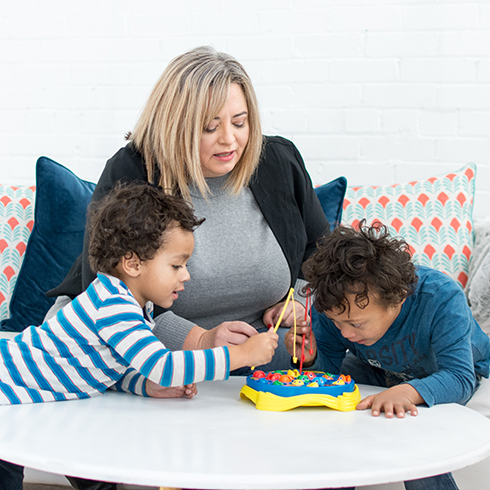


Speech and Language Services


All About Communication offers evidence-based speech assessment and speech therapy in a variety of areas of Speech and Language Pathology. We work closely with other healthcare professionals in the community to provide a team approach to speech assessment and speech therapy. In consultation with clients and their families, we will not hesitate to refer a client to another professional if we cannot meet their speech and language needs.
Inclusive support for all — child to adult!
- We provide exceptional speech and language services
- We produce evidence based therapy programs
- We deliver client-centered assessment and treatment
- We build on strengths and focus on individual needs
Speech Sound Disorders
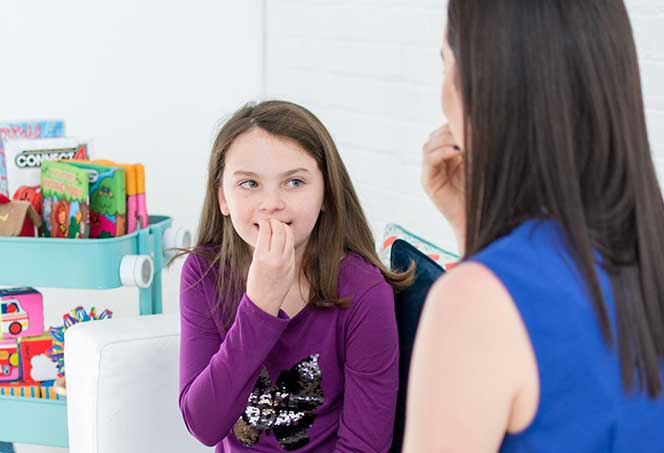
Speech is the process of producing sounds to create words, phrases, and sentences. A speech sound delay or disorder can occur when there is a delay in the development or use of the speech mechanisms, or it may result from injuries to the muscles, nerves, or brain areas involved in speech production. Additionally, it can be associated with difficulties in perceiving sounds (hearing) and understanding the phonological aspects of speech. Such a delay or disorder can affect how clearly a speaker is understood. All About Communication offers speech assessments and therapy that focus on improving the articulation of speech sounds, addressing motor-speech disorders, and working on phonological processes.
Expressive and Receptive Language

Expressive language refers to the ability to communicate with others using language. This includes not only the use of words but also the ability to use gestures and facial expressions, as well as combining words into phrases and sentences.
Receptive language, on the other hand, is the ability to listen to and understand language. This encompasses understanding both spoken words and gestures, as well as questions and concepts.
Both expressive and receptive language skills may be affected simultaneously due to developmental delays or acquired brain injuries. Various speech and language therapy techniques are available to address language concerns, and these techniques are tailored based on individual assessment results.
Social Communication

Social communication is about understanding and navigating the ways we connect, share ideas, and build relationships with others. This can include using language, tone, gestures, and facial expressions in ways that work for different situations and communication partners.
Some people may need support to develop skills that help them communicate in ways that feel authentic to them and also work for the contexts they choose to participate in. Differences in social communication can exist on their own or alongside things like language learning differences, ADHD, or Autism.
At All About Communication, we provide assessment and therapy for social communication that celebrates different communication styles and focuses on strategies that work for each individual—without expecting everyone to communicate in the same way.
Voice Disorders
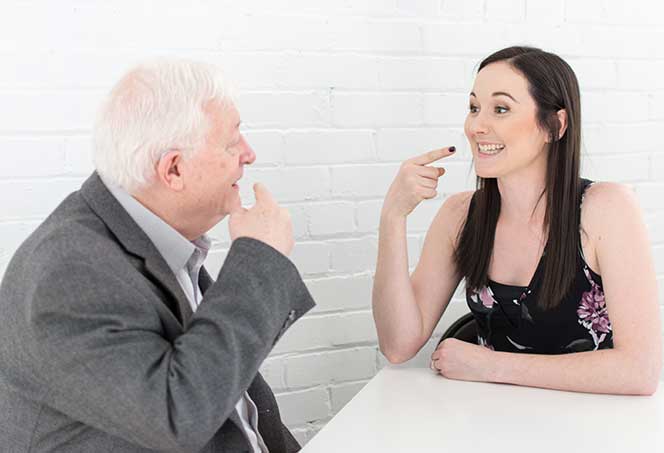
Voice disorders are caused by damage to the vocal cords that can occur from vocal abuse, illness, and reflux. It can result in vocal nodules, polyps, and other injuries to your vocal cords. Illnesses such as cancer and nerve damage can also impact how well our vocal cords function. Many treatment options are available to help alleviate the difficulties associated with voice disorders. All About Communication offers therapy for most pediatric and adult voice disorders; however, we will refer professional voice users, especially singers, to SLPs with advanced training in professional voice disorders and Singing Voice Specialists.
Fluency

Within the scope of speech and language pathology, speech fluency encompasses stuttering, cluttering, and other dysfluent speech patterns.
Stuttering is the most common presentation of dysfluent speech. It occurs when the forward flow of speech is disrupted by involuntary repetitions and prolongations of sounds, syllables, or words, and can also include silent pauses or blocks.
Developmental stuttering is the most common form of stuttering. It may occur during periods of language growth, in which language ideas can outpace a child’s speech and motor skills. Speech is a complex task, and many systems are involved in creating each message. Developmental stuttering usually resolves within 6 months to 1 year, but should be monitored by a Speech-Language Pathologist with fluency training.
Cluttering is characterized by a rapid rate of speech, erratic rhythm, and irregular sentence structure, all of which make speech difficult to understand. Unlike stuttering, it is more related to organization and rate. It can occur alone or along with stuttering.
All About Communication uses various evidence-based therapy techniques to support clients in the area of fluency. Therapy does not focus exclusively on fluency itself; it also addresses healthy communication attitudes, self-advocacy skills, education, avoidance reduction, and ease of speaking. It recognizes stuttering as a form of verbal diversity and emphasizes client choice in goal-setting.
Literacy

Literacy is the ability to read and write. Reading and writing development involves a range of complex language components, including awareness of speech sounds (phonology), spelling patterns (orthography), word meaning (semantics), grammar (syntax), and patterns of word formation (morphology), all of which provide a necessary platform for reading fluency and comprehension and written language development. All About Communication provides a comprehensive evidence-based language assessment and language therapy to target literacy goals.
Augmentative and Alternative Communication
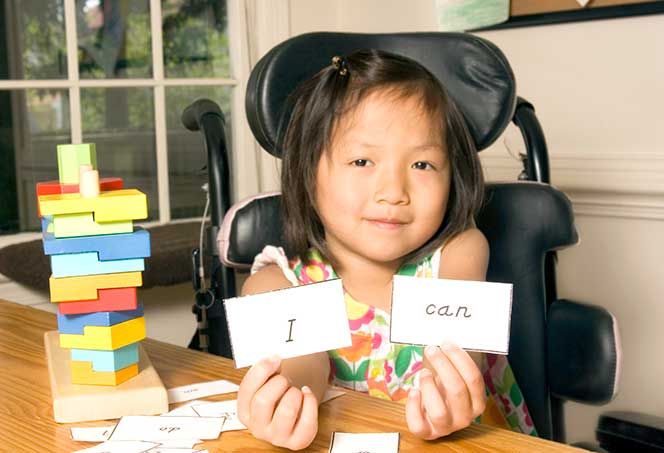
Augmentative and Alternative Communication (AAC) includes all forms of communication (other than oral speech) that are used to express thoughts, needs, wants, and ideas. Some low-tech and high-tech options are available to help aid the communication of non-speaking or minimally speaking children and adults. All About Communication clinicians have advanced training and experience with assessment, implementation, and providing therapy in Augmentative and Alternative Communication, including PECS, Pixon Board, Proloquo2go, LAMP Words for Life, TD Snap, Unity, and much more. We work closely with other service providers to provide training and support.
Autism
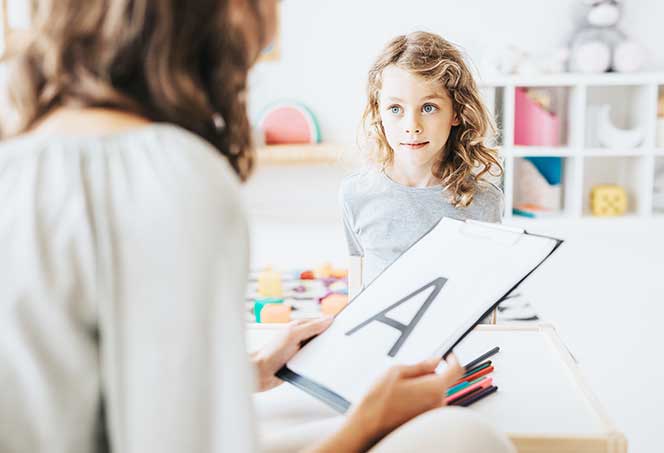
Autism is a natural variation in how a person experiences, processes, and interacts with the world. It can influence communication, connection, sensory processing, and the ways someone engages with their environment. Every autistic person is unique, and there’s no single way that autism looks or feels.
Speech and language therapy for autistic individuals can focus on areas such as communication, self-advocacy, play, and literacy—always centred on the person’s goals, strengths, and authentic communication style.
At All About Communication, we provide personalized therapy plans based on a thorough speech and language assessment. We also offer consultation and training to collaborate with other supports, always using approaches that affirm neurodiversity and respect each person’s way of being.
Down Syndrome and Other Developmental Disorders
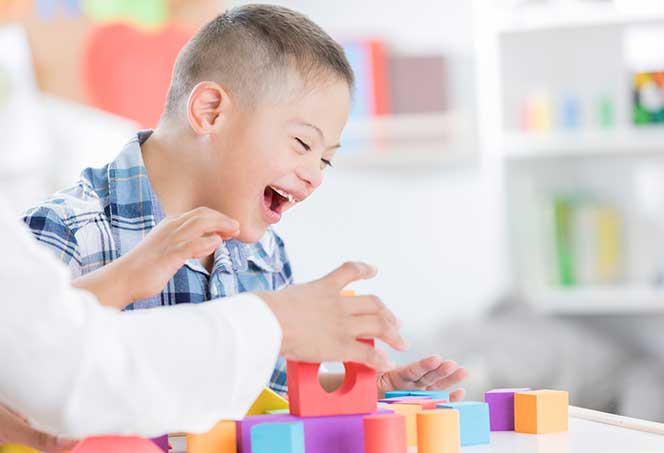
Developmental and genetic disorders, as well as some medical disorders such as hearing impairments, Down syndrome, fetal alcohol syndrome, fragile X, DeGeorge syndrome, cerebral palsy, epilepsy, ADHD/ADD and learning disabilities, can impact the speech and language development of children and adults. All or some of the above service areas may require some level of speech and language therapy.
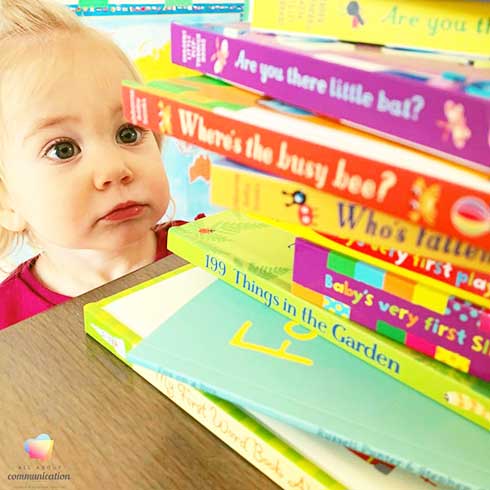



"Don't let what you cannot do interfere with what you can do."
— John R. Wooden
